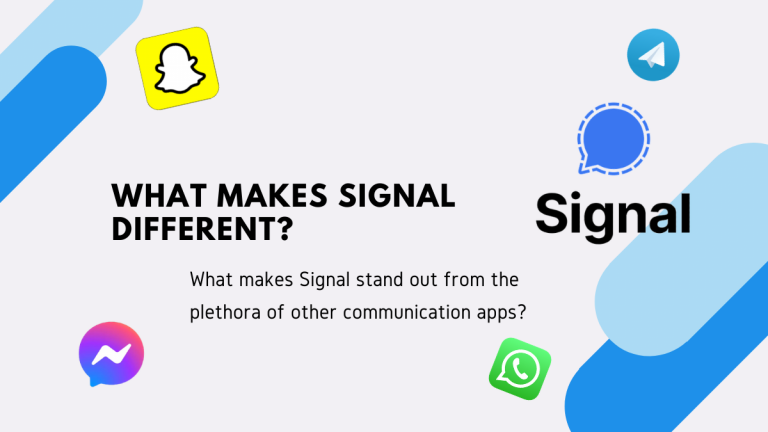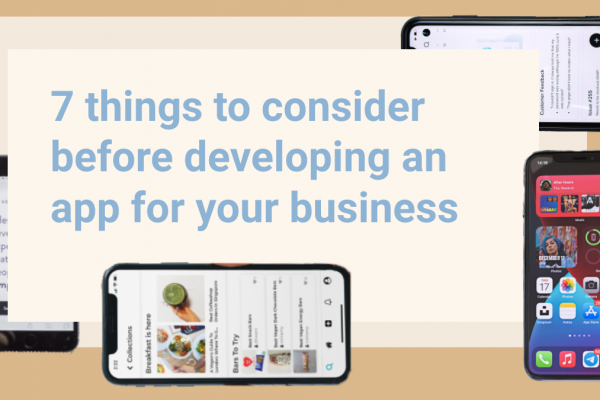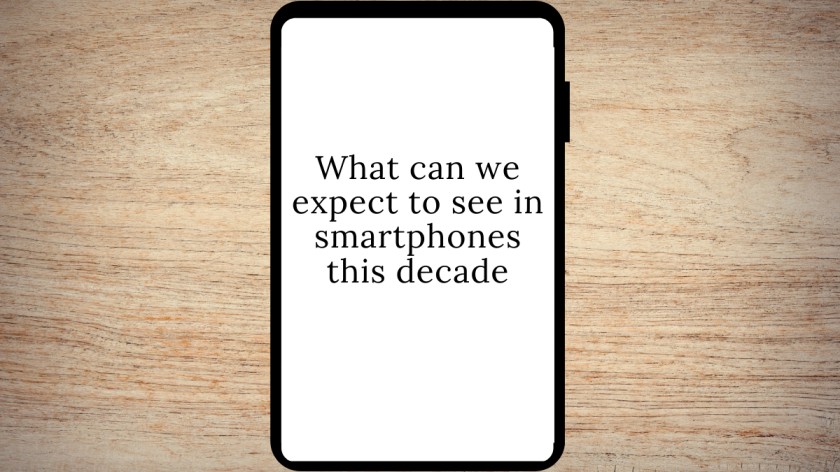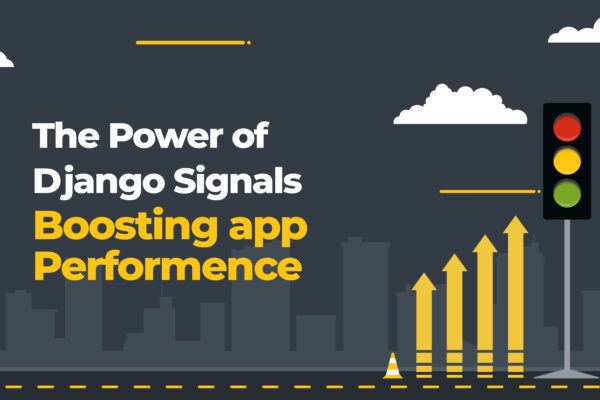With the recent changes in WhatsApp’s privacy policy, as well as a boost from Elon Musk, the Signal messaging app has been gaining popularity. But what makes Signal different from the myriad of messaging apps? What makes Signal a better option for privacy? Let’s have a look.
History of Signal app
The Signal protocol was developed by Trevor Perrin and Moxie Marlinspike. The development began as part of Whisper Systems, which launched TextSecure, an encrypted messaging service, and RedPhone, an encrypted calling app. After being acquired by Twitter, Marlinspike left the company and then founded Open Whisper Systems.
Open Whisper Systems launched the second version of TextSecure protocol in February 2014.
In 2016, WhatsApp used the Signal Protocol to launch end to end encryption on their platform. Google’s now-defunct Allo messaging app offered users an option to opt into end to end encryption but disabled it by default. This was followed by Facebook offering users an option to opt for “Secret Conversations” on Messenger.
In 2018 Moxie Marlinspike, along with Brian Acton, the founder of WhatsApp formed the Signal Foundation. The app has gained popularity after former NSA contractor Edward Snowden praised the features and confirmed he uses it every day. Even before the controversy from WhatsApp’s new policies, the app was popular among protestors and journalists who feared retribution from dictatorships.
So what is End-to-end encryption or E2EE?
Even if messages are encrypted, it usually means that a third party cannot read the messages. But the company hosting the servers were able to access the messages. So if a government agency was to subpoena the messaging service, they will have no choice but to show the messages. With end-to-end encryption this won’t happen.
The encryption is in such a way that not even the messaging service can read the messages. So even if someone gained access to the servers, they’ll be left with gibberish.
If almost every messaging apps has E2EE, what makes Signal different?
The difference stems from the fact that Signal is not for profit. Data is the new oil, and for messaging apps to profit from their services, they have to and they will collect data. Even if they have implemented end-to-end encryption, it simply means the service cannot read the contents of the message.
Metadata
This is where the metadata comes along. By collecting this, messaging services can know who you’re contacting, your location, and other details. And of course, anyone accessing the servers get access to this data. Just have a look at the data collected by WhatsApp
This may seem like a minute detail, but picture this. If you’re living under an oppressive regime, even talking to a journalist can put you in danger. This may seem like a bit of a stretch, but do you really want anyone else to know who you’re talking to?
Disappearing messages
SnapChat users will be familiar with this, but most other messaging platforms don’t offer this feature. On Signal you can set your messages to self-destruct after a set amount of time. Obviously, world-class encryption is useless if someone got hold of your device.
No affiliations with advertisers
Signal has no intention of ever serving ads on its platform. Even if a messaging service cannot read your messages, it still forms a fairly accurate user profile from its own metadata as well by linking to other platforms. For example, by connecting your WhatsApp account with your Facebook and Instagram accounts, the company can gain a fairly accurate picture of your interests serve you with targeted ads.
Open-source
Signal’s source code is completely open-source. This means anyone can review the code, and even if Signal wanted to, they can’t collect data without anyone knowing. Also, researchers can analyse the code and look for any vulnerabilities. While the Signal protocol used by other messaging platforms are open source, the rest of the functionality is not.
Drawback of Signal
Quite possibly the only drawback is that you need a phone number for Signal. If you want to talk to someone over Signal, you’ll be giving up your phone number. This is where Telegram shines. While you need a phone number to sign up, you can share just your username to talk to someone over Telegram.
Final take
If you’re on Facebook or Instagram, you don’t have to worry about the WhatsApp privacy policy




